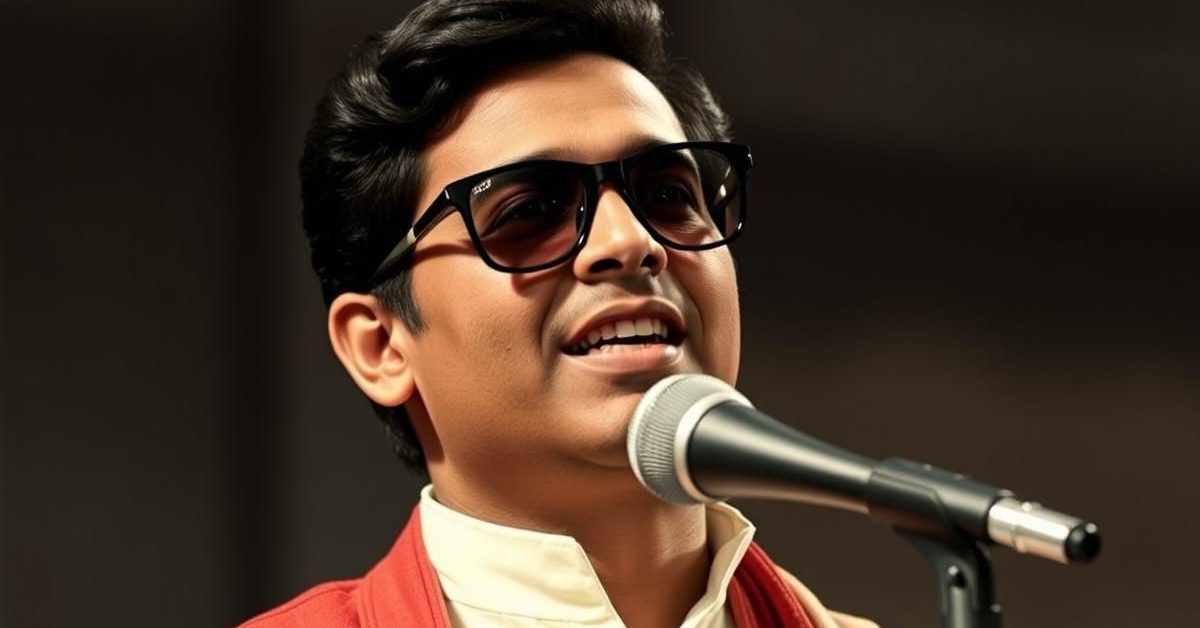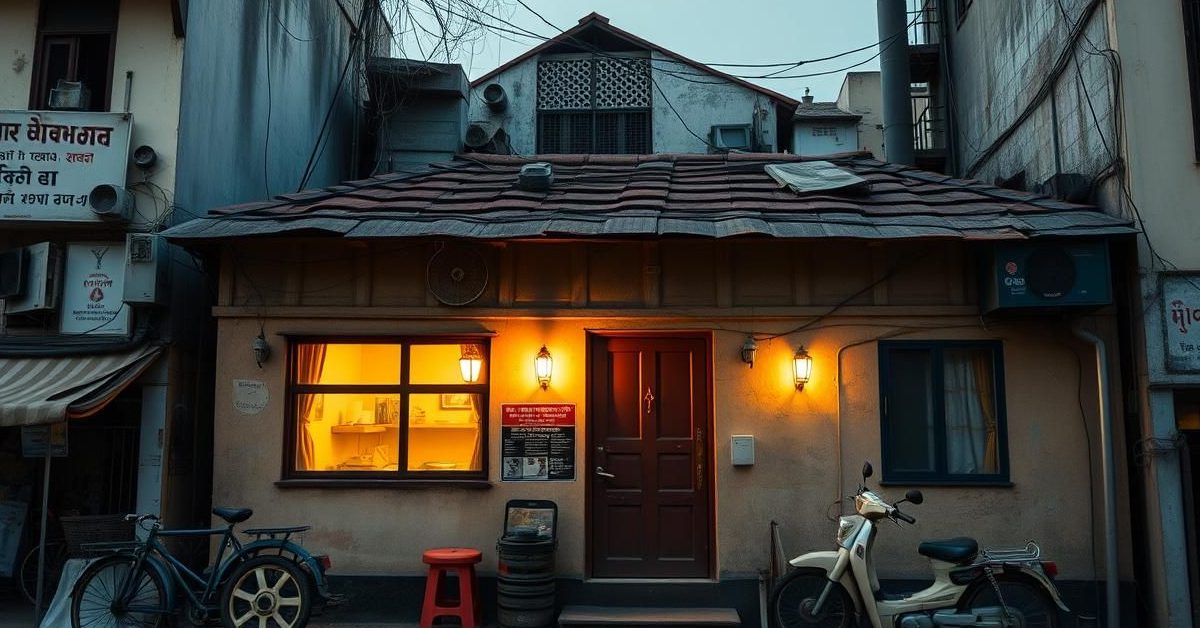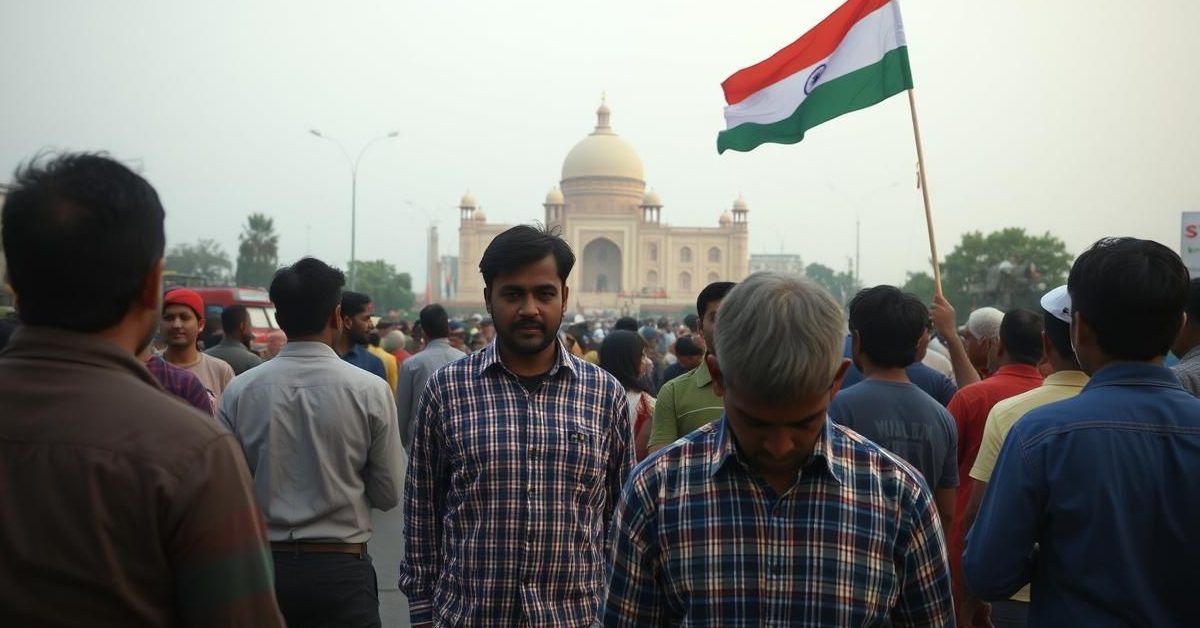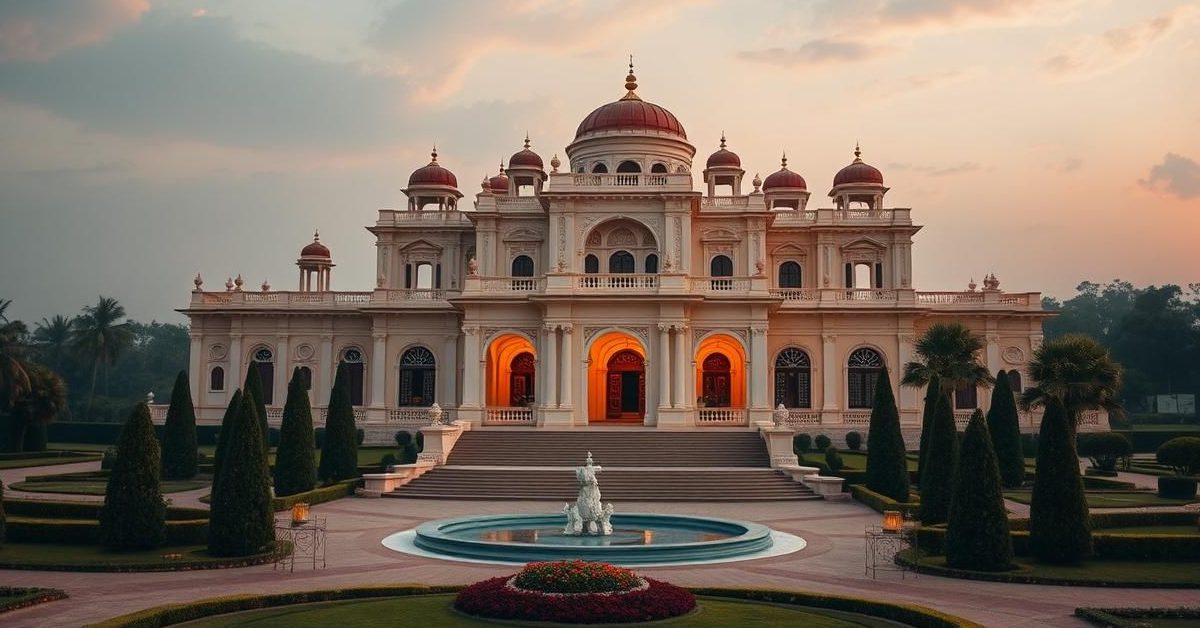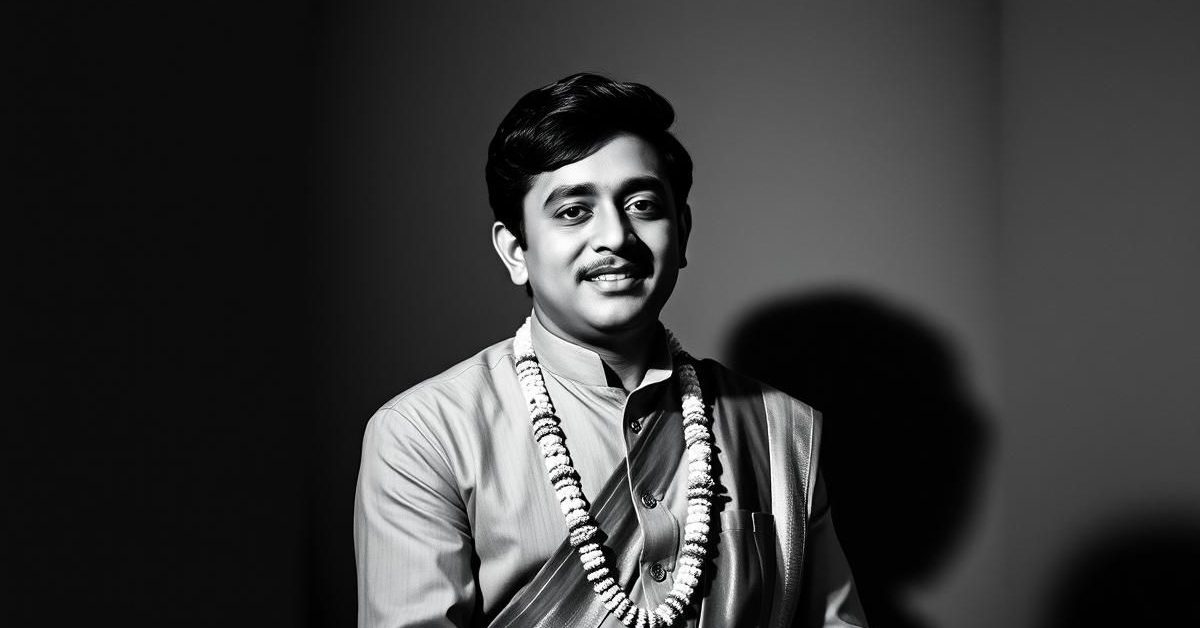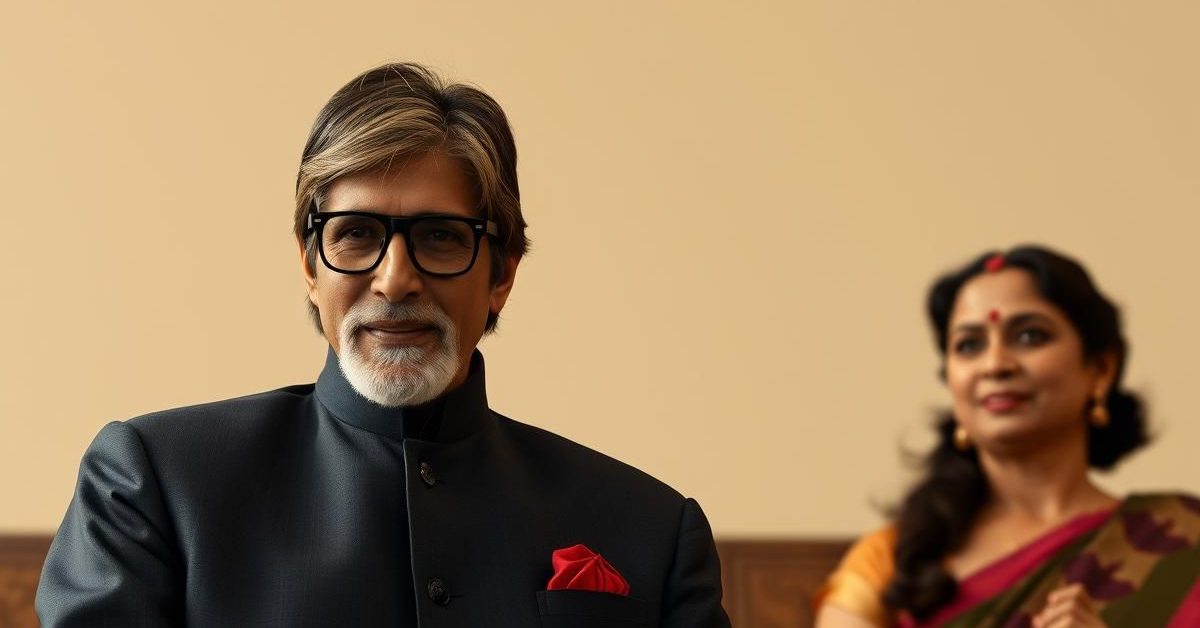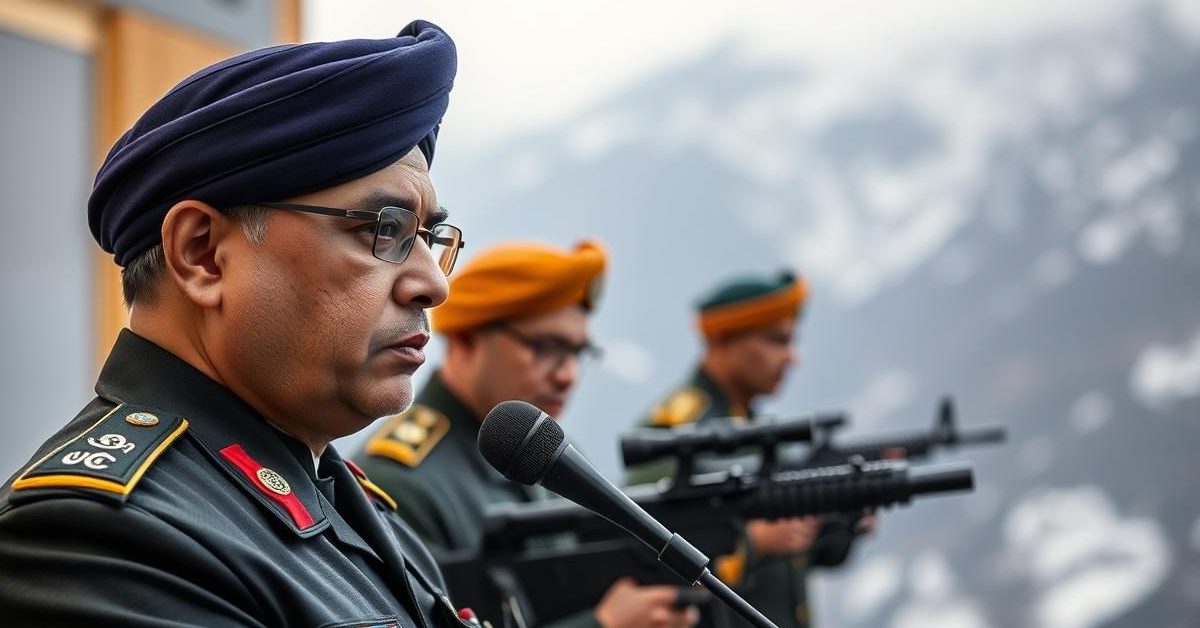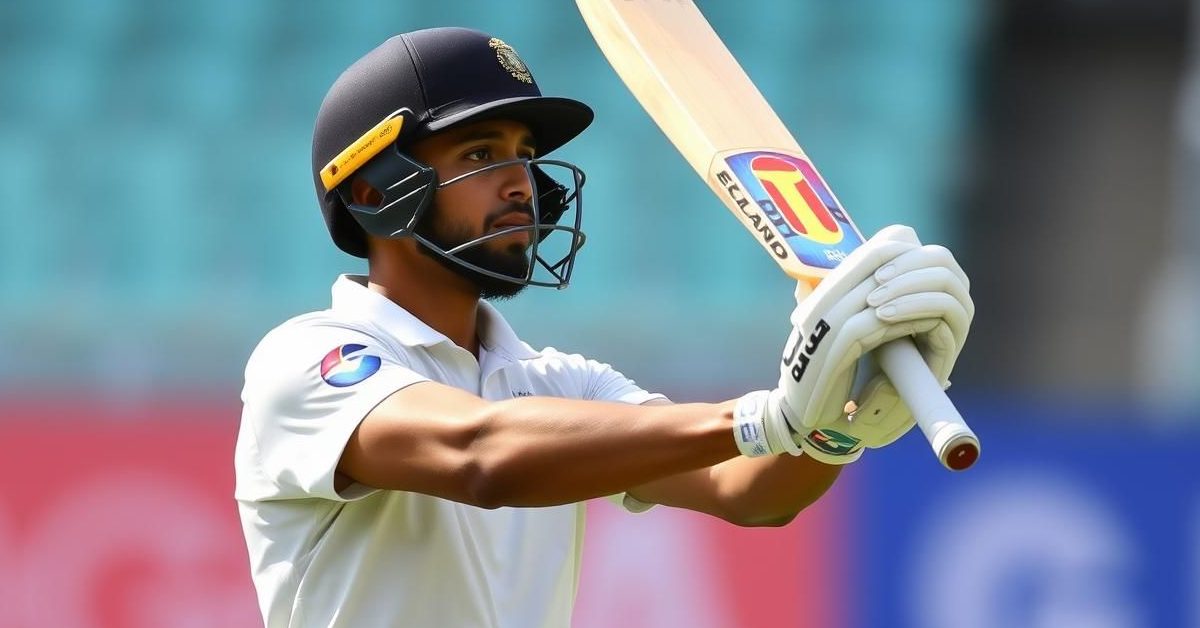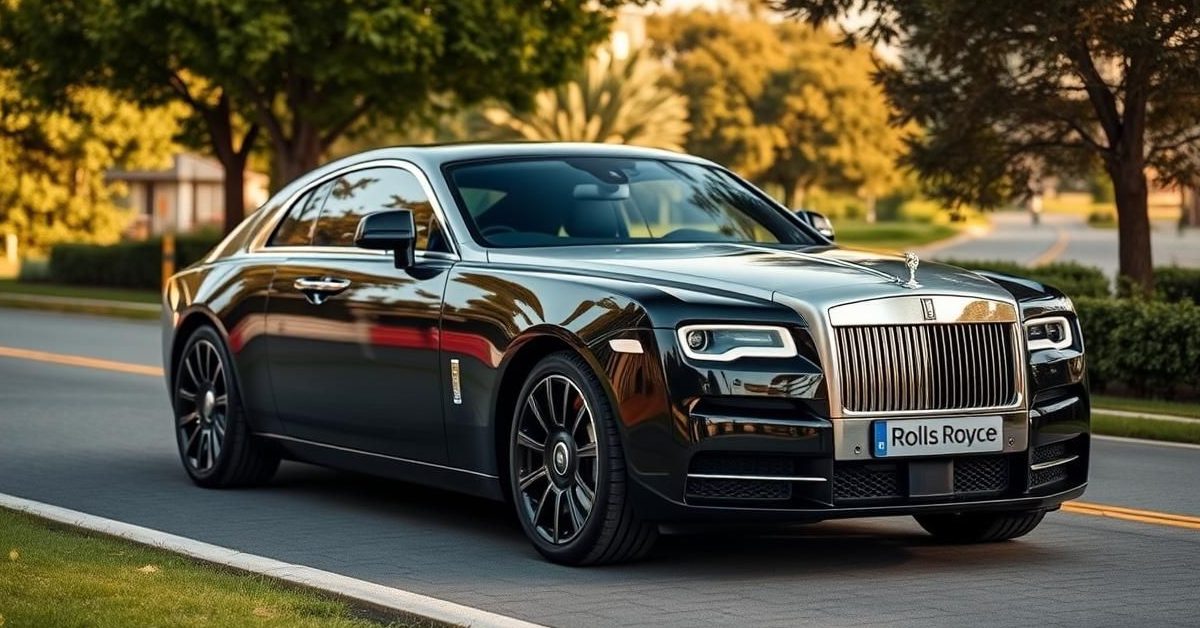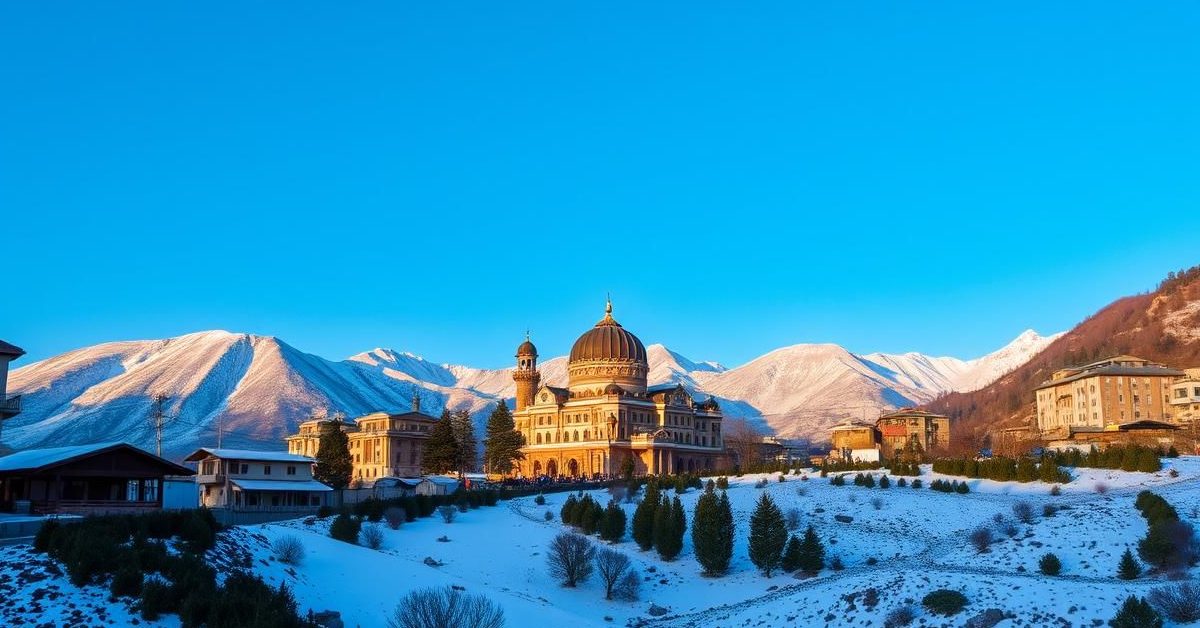When India’s Voice Was Silenced: The Unprecedented Ban on Kishore Kumar
Imagine a world where the voice synonymous with joy, romance, and an infectious zest for life suddenly vanishes from the airwaves. This was the chilling reality for millions in India during the tumultuous period of the Emergency, when legendary playback singer Kishore Kumar faced an astonishing, nationwide ban. His crime? A steadfast refusal to bend to political will.
The Looming Shadow of the Emergency
The year was 1976. India was deep within the Emergency, a period of authoritarian rule declared by Prime Minister Indira Gandhi. Her powerful, unelected son, Sanjay Gandhi, was aggressively pushing his 20-point program, a controversial set of socio-economic development initiatives. To amplify this agenda, he sought the endorsement of the most influential figures in the Indian film industry, aiming to harness their mass appeal for state propaganda.
A Star-Studded Gala with a Political Agenda
On April 11, 1976, Delhi’s Ambedkar Stadium became the epicentre of a grand, state-sponsored charity event titled ‘Geeto Bhari Shaam’ (An Evening Full of Songs). Organised under the aegis of the Indian Youth Congress, it was a display of cultural might, despite the backdrop of a brutal, countrywide mass sterilization drive disguised as family planning. Over 11 million people were eventually sterilised during this dark phase.
The stage glittered with Bollywood’s biggest luminaries. Iconic actor Dilip Kumar delivered a powerful address on population control, even employing a poignant couplet to drive his point home while compering a segment. Musical titans like Lata Mangeshkar, Asha Bhosle, Mukesh, and Mahendra Kapoor lent their voices under the masterful baton of music director R.D. Burman. Even Amjad Khan, in his unforgettable Gabbar Singh avatar, famously declared to Burman, “Bahut jaan hai iske sangeet mein” (There’s a lot of life in his music), sending the audience into peals of laughter.
The entertainment continued with Amitabh Bachchan’s evocative recitation of Sahir Ludhianvi’s timeless ‘Kabhi Kabhie Mere Dil Mein Khayal Aata Hai,’ introduced by actors Rakhee and Shashi Kapoor. Shabana Azmi and Zeenat Aman captivated the crowd with a vibrant performance as Asha Bhosle belted out the iconic ‘Hare Rama Hare Krishna,’ the eponymous song from the 1971 Dev Anand and Zeenat Aman starrer.
The Unmissable Absence: Kishore Kumar’s Defiance
Despite the galaxy of stars, one colossal figure was conspicuously absent: Kishore Kumar. At the absolute pinnacle of his career, with chartbusters like ‘Ye Shaam Mastani,’ ‘Ek Main Aur Ek Tu,’ and the recent sensation from the blockbuster ‘Sholay,’ Kumar was the reigning Filmfare winner for his title track in the Uttam Kumar and Sharmila Tagore-starrer ‘Amaanush’ (1974). His voice was ubiquitous, his popularity unparalleled.
Yet, he refused to participate. The directive had come straight from the top, with Sanjay Gandhi himself reportedly keen on Kumar’s presence to alleviate public despair. But for Kishore Kumar, an invitation felt more like a command, an imposition on his artistic freedom. He famously turned down requests to sing jingles for the government, unwilling to be a mere mouthpiece for the regime.
A Principle Unyielding: “No One Can Make Me Do What I Don’t Want To Do”
According to ‘Kishore Kumar, The Ultimate Biography’ (HarperCollins, 2022) by Aniruddh Bhattacharjee and Parthiv Dhar, S.M.H. Burney, the then-secretary in the Ministry of Information and Broadcasting (headed by V.C. Shukla), first approached Kumar in January 1976. Kumar’s refusal was unwavering.
Subsequent efforts were made to persuade him. A high-level meeting was convened in Mumbai on April 29, 1976, days after the Delhi concert. It drew heavyweights like G.P. Sippy, the head of the All-India Film Producers’ Council, along with directors Shriram Bohra, B.R. Chopra, Subodh Mukerji, and Nasir Hussain. Sippy himself attempted to sway the singer, but Kumar remained resolute, even declining to meet Joint Secretary C.B. Jain.
Years later, in an interview with Pritish Nandy, Kishore Kumar famously declared, “No one can make me do what I don’t want to do. I don’t sing at anyone’s will or command.” He had always maintained, “With genuine love and respect, I am only too eager to bend. However, if someone decides to rest his foot in my head, he will not have the good fortune to witness the best of my courtesies.” This fiercely independent spirit sealed his fate.
The Swift and Sweeping Blackout
Kishore Kumar’s defiance was deemed an act of rebellion. On May 4, 1976, an unprecedented, sweeping ban was imposed on all his songs. His melodious voice was abruptly removed from the airwaves of All India Radio (AIR) and Doordarshan, including Ameen Sayani’s iconic ‘Binaca Geetmala,’ a program where his songs were a staple. The sale and distribution of his records by companies like HMV and other gramophone recording companies were immediately halted. C.B. Jain even pushed for the BBC to stop broadcasting his music.
A week after the ban, Burney’s chilling note, approved by V.C. Shukla, solidified the punitive measures: “All the songs of Sri Kishore Kumar should be banned from AIR and DD and that all films in which he was the playback singer should be listed out so that suitable action can be taken against these films. Besides, the representative of HMV and Gramophone recording companies should be sent for and, in consultation with the Ministry of Education, the sale of Sri Kishore Kumar’s records and discs should be frozen.” It was a complete blackout.
Intervention and The Lifting of the Ban
The ban on such a beloved national treasure sparked quiet discontent. Eventually, former Shiv Sena chief Bal Thackeray stepped in, leveraging his influence. He mediated a crucial meeting involving Kishore Kumar, alongside other film luminaries like Raj Kapoor, Vijay Anand, and Dev Anand (a vocal critic of the Emergency), and V.C. Shukla.
Under intense pressure and after securing a degree of understanding, Kishore Kumar finally agreed to perform at another event, this time at the Sanjay Gandhi Flying Club. The meeting yielded results: on June 16, 1976, just two days after the crucial discussions, the ban on Kishore Kumar’s songs was finally lifted. The nation could once again hear the voice that had been so cruelly silenced, a testament to the enduring power of art and the quiet courage of an artist who dared to say no.
